Related Research Articles
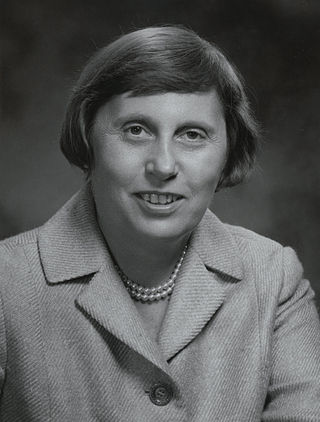
Ella Rosa Giovianna Oliva Grasso was an American politician and member of the Democratic Party who served as the 83rd Governor of Connecticut from January 8, 1975, to December 31, 1980, after rejecting past offers of candidacies for Senate and Governor. She was the first woman elected to this office and the first woman to be elected governor of a U.S. state without having been the spouse or widow of a former governor. She resigned as governor due to her battle with ovarian cancer.

Samuel Maxwell was a Populist politician in the U.S. state of Nebraska.
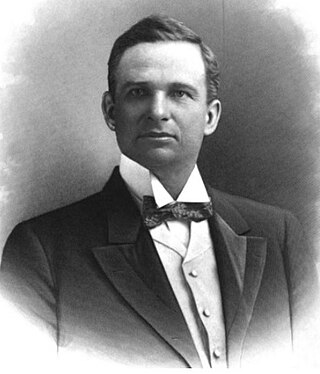
Ernest Mark Pollard was an American Republican Party politician.

From January 3 to June 3, 2008, voters of the Democratic Party chose their nominee for president in the 2008 United States presidential election. Senator Barack Obama of Illinois was selected as the nominee, becoming the first African American to secure the presidential nomination of any major political party in the United States. However, due to a close race between Obama and Senator Hillary Clinton of New York, the contest remained competitive for longer than expected; neither candidate received enough pledged delegates from state primaries and caucuses to achieve a majority, without endorsements from unpledged delegates (superdelegates).
Lawrence Kestenbaum is an attorney, politician, and the creator and webmaster of The Political Graveyard website.
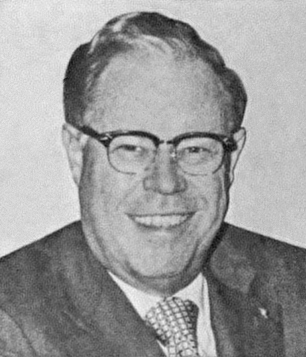
J. Edward Hutchinson was an American lawyer and politician from the state of Michigan. A member of the Republican Party, he represented Michigan's 4th congressional district in the United States House of Representatives from 1963 to 1977.
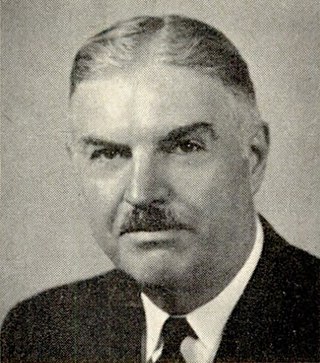
Neil Oliver Staebler was an American politician from the U.S. state of Michigan.
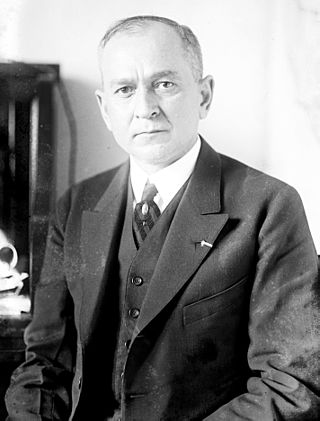
Roy Orchard Woodruff was a politician, soldier, printer, and dentist from the U.S. state of Michigan.
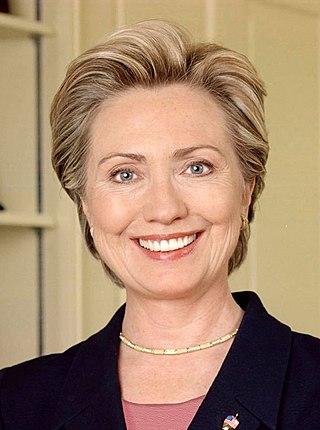
The 2008 Florida Democratic presidential primary took place on January 29, 2008. Originally, the state had 185 delegates up for grabs that were to be awarded in the following way: 121 delegates were to be awarded based on the winner in each of Florida's 25 congressional districts while an additional 64 delegates were to be awarded to the statewide winner. Twenty-five unpledged delegates, known as superdelegates, were initially able to cast their votes at the Democratic National Convention.
The tables below indicate the political party affiliation of elected officials in the U.S. State of Michigan from statehood through the results of the November 2022 elections.
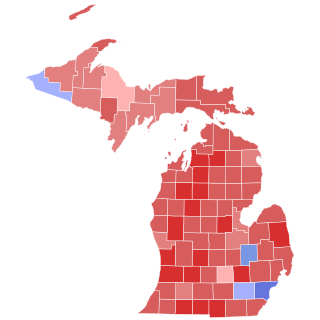
The 2010 Michigan gubernatorial election was held on November 2, 2010. Incumbent Democratic Governor Jennifer Granholm was prohibited by the state's Constitution from seeking a third term. This resulted in a large pool of candidates which was whittled down, when the May 11 filing deadline passed, to two Democrats and five Republicans. Both the Cook Political Report and the non-partisan Rothenberg Political Report rated the election as leaning Republican.
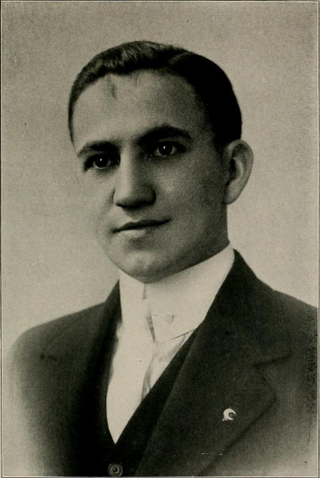
William Henry McKeighan was a Michigan politician and state political boss based in Flint. Together with Detroit Mayor Ed Barnard and Grand Rapids politician-businessman Frank D. McKay form a Republican political triumvirate with ties to the Purple Gang of Detroit.

The 2012 United States presidential election in Michigan took place on November 6, 2012, as part of the 2012 United States presidential election in which all 50 states plus the District of Columbia participated. Voters chose 16 electors to represent them in the Electoral College via a popular vote pitting incumbent Democratic President Barack Obama and his running mate, Vice President Joe Biden, against Republican challenger and former Massachusetts Governor Mitt Romney and his running mate, Congressman Paul Ryan.
Jane Ellen (Garey) Barus was a civil rights leader and suffrage advocate. Barus served as a delegate to New Jersey's 1947 Constitutional Convention, which drafted the constitution in current use. She also led activities to promote social justice and reform of municipal services.

Eva McCall Hamilton was an American politician from the state of Michigan. A Republican, she was Michigan's first woman to be elected to the Michigan Legislature and served as a State Senator from 1921 to 1922. Hamilton was a teacher from Grand Rapids.
Dorothy Eck was an American politician in the state of Montana. She served in the Montana Senate from 1980 to 2000. Eck was also active in feminist movements including the League of Women Voters and served as a delegate to the 1972 Montana Constitutional Convention.
Dorothy Deemer Houghton was an American Republican public official and civil servant.

New York Proposition 1 was a 2017 ballot measure that would have established a constitutional convention to revise the Constitution of the State of New York, subject to the approval of the voters. Section 2 of Article XIX of the state constitution requires that every 20 years the ballot question "Shall there be a convention to revise the constitution and amend the same?" should be submitted to the voters. The referendum was rejected by a large margin on November 7, 2017.
Helen L. Koss was a member of the Maryland House of Delegates for District 18 and 19, representing Silver Spring, Maryland for sixteen years.

Lucy Reum was a delegate to the Sixth Illinois Constitutional Convention and a horse racing industry reformer. As a delegate, she is credited with advocating for separating the question of whether to abolish cumulative voting from question of whether to approve the constitution as a whole, saving the 1970 Illinois Constitution from likely defeat. In the horse racing industry she is credited with the adoption of a national fire code for horse racing facilities.
References
- 1 2 "Con-Con Eleven" (PDF). Michigan Women's Hall of Fame.
- ↑ "BHL: Dorothy Leonard Judd Papers". quod.lib.umich.edu. Retrieved 2017-11-16.
- ↑ "BHL: Katherine Moore Cushman Papers". quod.lib.umich.edu. Retrieved 2017-11-16.
- ↑ Kestenbaum, Lawrence. "Vera Andrus (1896-1976)". The Political Graveyard .
- ↑ Kestenbaum, Lawrence. "Ruth Gibson Butler". The Political Graveyard .
- ↑ "Former LWVCC Member to be Honored" (PDF). Copper Country Voter.